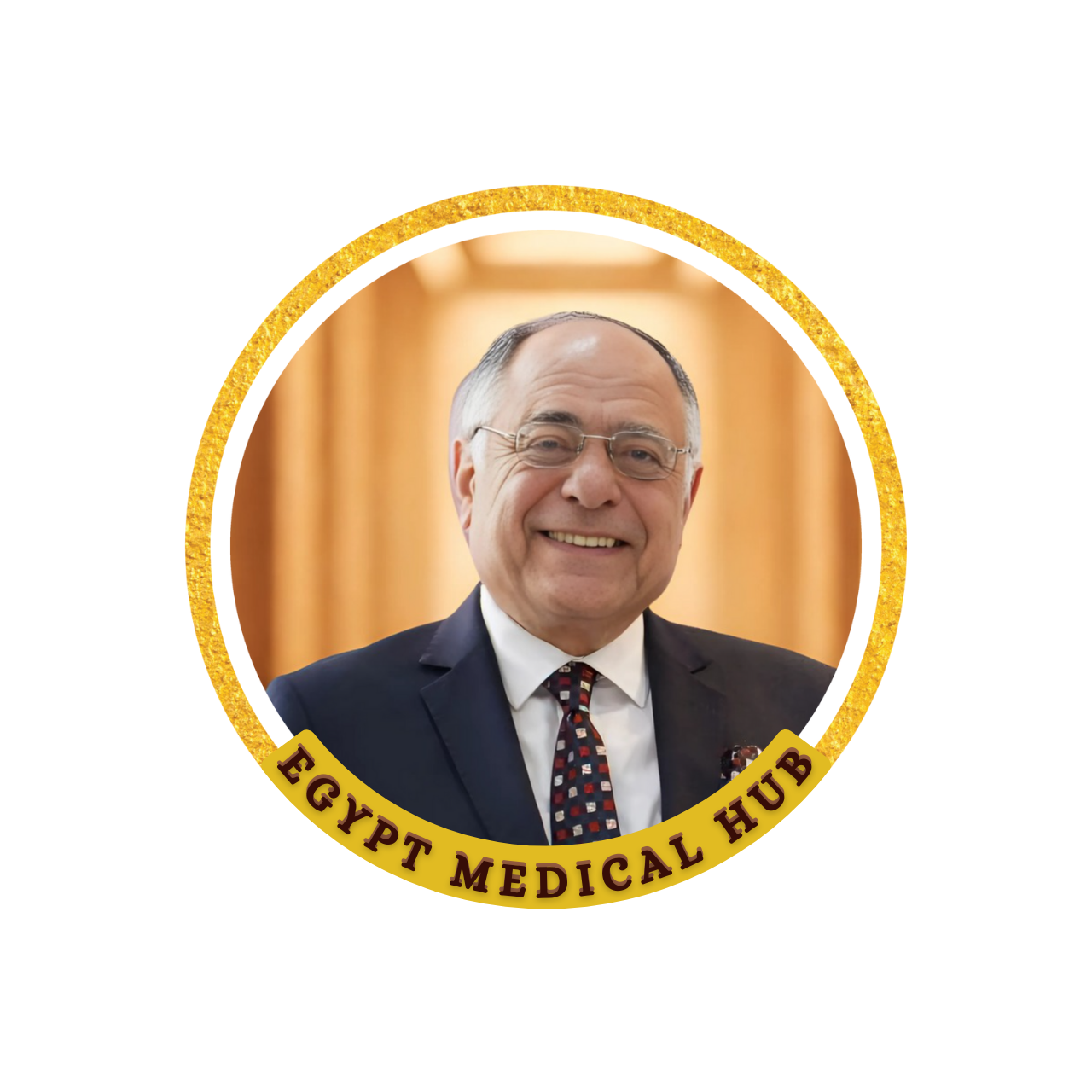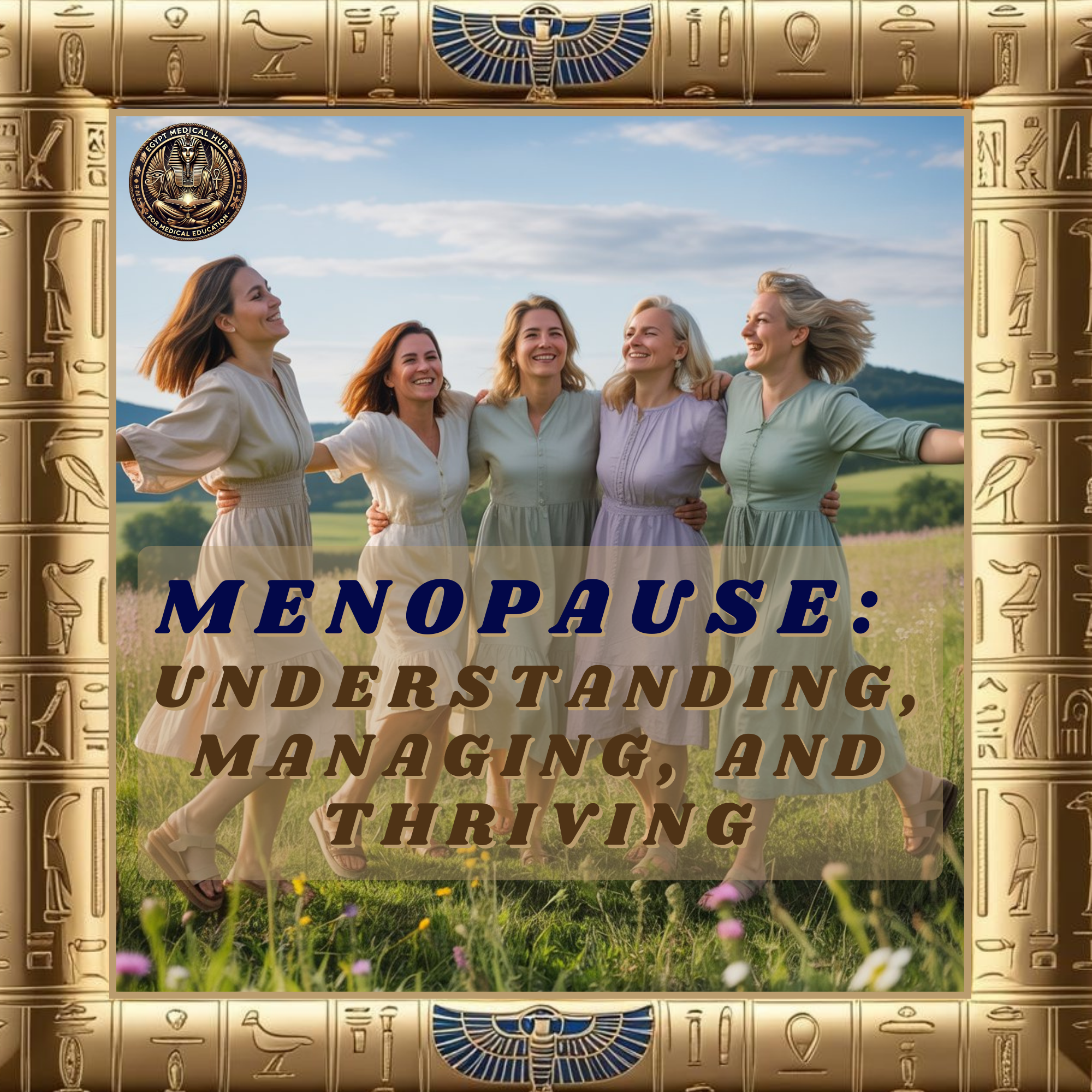Course Details
Course Includes:
Module 1: Introduction to Menopause
- Definition and phases: perimenopause, menopause, postmenopause
- Epidemiology and demographic variations
- Impact on quality of life
Module 2: Physiological Changes
- Endocrine system: hormonal shifts
- Systemic effects on different organs (cardiovascular, musculoskeletal, neurological)
- Common symptoms: hot flashes, mood swings, sleep disturbances
Module 3: Clinical Presentation & Diagnosis
- Symptoms and patient history assessment
- Diagnostic tests (hormonal profiles, imaging)
- Differential diagnoses
Module 4: Management Approaches
- Hormone replacement therapy (HRT): benefits and risks
- Non-hormonal treatments (lifestyle modifications, alternative medicine)
- Psychological and emotional support strategies
Module 5: Special Considerations
- Menopause in women with chronic conditions
- Menopause in different cultural contexts
- Menopause and sexual health
Module 6: Communication & Patient Education
- Effective counseling techniques
- Addressing myths and misconceptions
- Empowering patients with informed decision-making
By the end of the course, participants will:
- Understand the biological and psychological aspects of menopause
- Accurately diagnose and manage menopause-related symptoms
- Apply evidence-based treatment strategies
- Effectively educate and support menopausal patients
- Navigate cultural sensitivities in menopause care
Course Information
Languages
EnglishCertificate
YesCourse Content
About the Instructors

Prof. Aboubakar Elnashar
Courses :
Reviews (0)
No Rating


